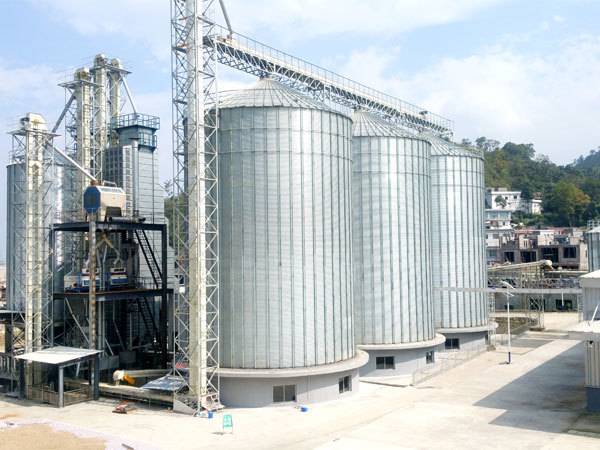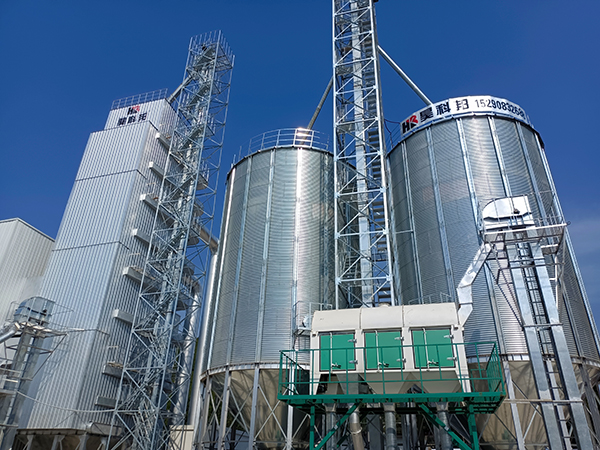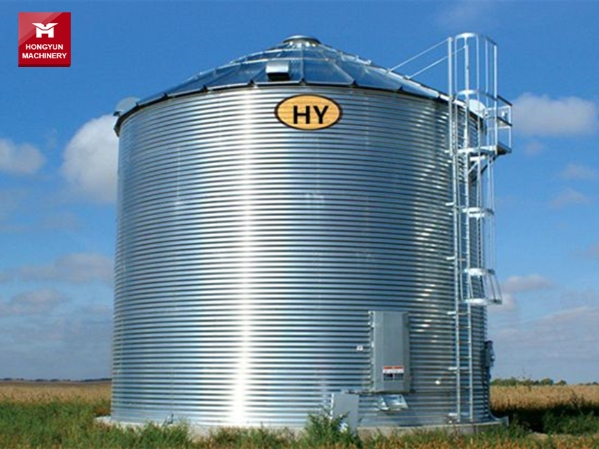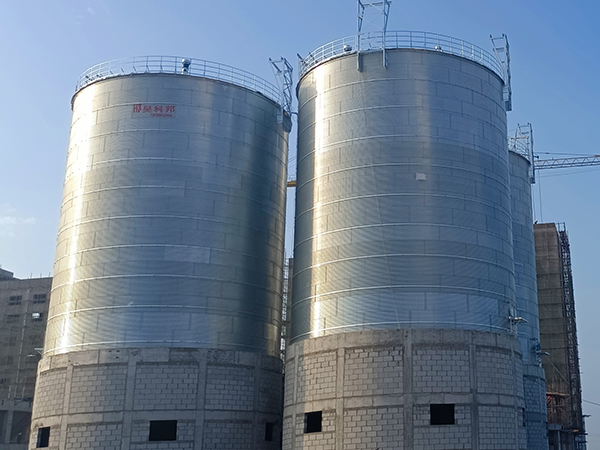Rice silo: fortresses of modern food security
Rice silos are pivotal in modern agriculture, offering capacity flexibility, environmental control, pest/fire safety, and ensuring food security and supply chain stability. They preserve rice quality and nutritional value, reinforcing their role in agricultural sustainability.
- Barley grain bin company in Tanzania
- rice grain bin factory in Rwanda
- Paddy grain bin supplier in Guinea
- Wheat Cone-Bottom Silo Franchise in Thailand
- Wheat cone bottom silo procurement in Thailand
- Wholesale Wheat Cone-Bottom Silo in Malaysia
- Manufacturers of Wheat Cone-Bottom Silo in Malaysia
- Wheat Cone-Bottomed Silo Suppliers in Uganda
- Cone-Bottom Wheat Silo Sales in Uganda
- Wheat cone bottom silo price in Uganda
- Soybean meal grain bin sale in Guinea
- Corn grain bin price in Libya
In modern agriculture, rice silos play a crucial role. They are not merely storage facilities but are essential components in ensuring food security and the stability of the agricultural supply chain. Let’s explore the importance and functions of rice silos from various perspectives.
Design and Functionality of Silos
The design of silo takes into account multiple factors to ensure rice remains in optimal condition during storage.
Capacity and Flexibility
The capacity of rice silos is typically tailored to the scale and needs of the farm. These silos generally have moderate capacities that meet daily production demands without leading to over-storage and resource wastage. Additionally, the design of silos often includes a degree of flexibility to accommodate different batches and varieties of rice.

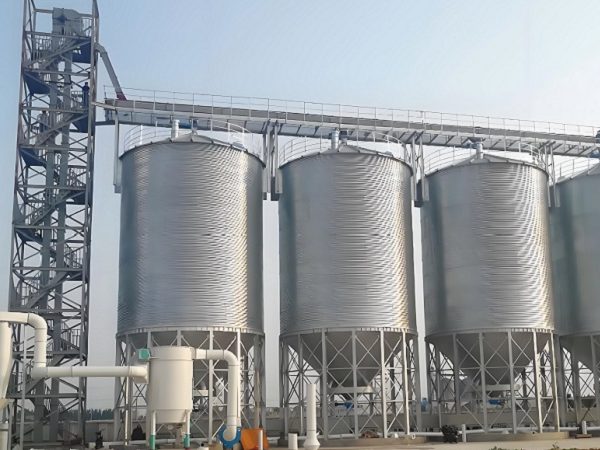
Temperature and Humidity Control
The quality of rice is highly influenced by temperature and humidity. Therefore, rice silos are usually equipped with temperature and humidity control systems. These systems monitor the internal environment and adjust it as needed to prevent rice from becoming damp or overheated, thus preserving its quality.
Pest Control
Pests are a significant threat to the quality of rice. To prevent pest infestations, rice silos implement several measures such as sealed designs, regular cleaning, and pesticide spraying. These practices help minimize the proliferation and spread of pests, ensuring the rice remains safe and of high quality.
Fire Safety
Silo should also be equipped with comprehensive fire safety systems, including smoke detectors and automatic sprinkler systems. These systems can quickly detect and respond to fires, minimizing damage to both the rice and the silo itself.
Importance of Rice Silo to Food Security and Supply Chain Stability
Ensuring Food Security
The presence and operation of rice silos ensure the long-term storage and preservation of rice, providing a stable food supply. Whether during harvest seasons or periods of supply shortage, rice silos offer sufficient storage capacity to prevent loss and waste of grain.
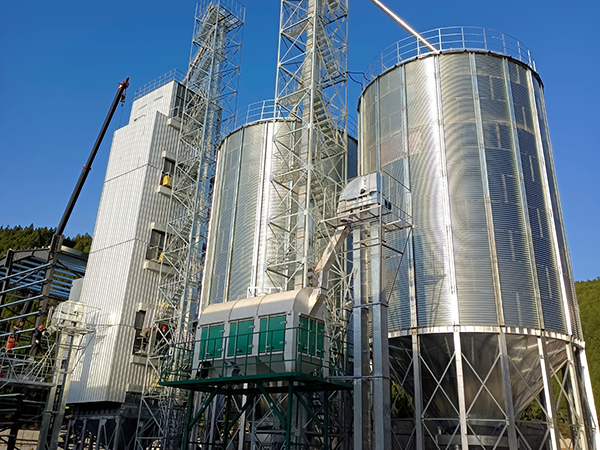
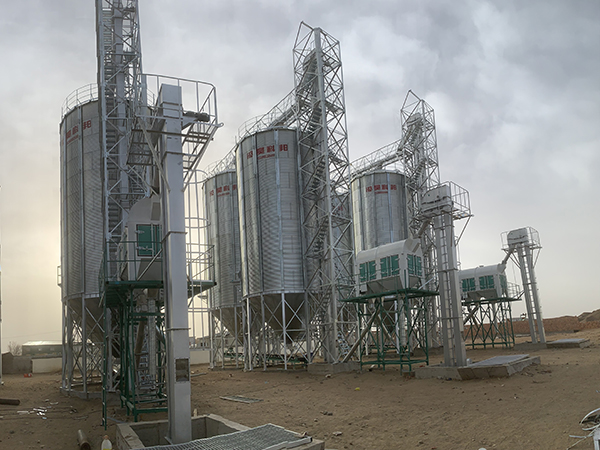
Stabilizing the Agricultural Supply Chain
Proper operation of rice silo contributes to a stable agricultural supply chain, ensuring seamless connections from production to consumption. By providing a stable storage environment and reliable security measures, rice silo help prevent supply disruptions caused by weather, disasters, or other factors, thereby maintaining market stability and sustainability.
Rice silo are indispensable in modern agriculture. Their well-thought-out design and functionality ensure that rice is stored under optimal conditions, preserving its quality and nutritional value. Beyond storage, these silos play a critical role in maintaining food security and stabilizing the agricultural supply chain. As agricultural technology continues to advance, the significance of rice silos will only grow, reinforcing their role as fortresses of modern food security.

